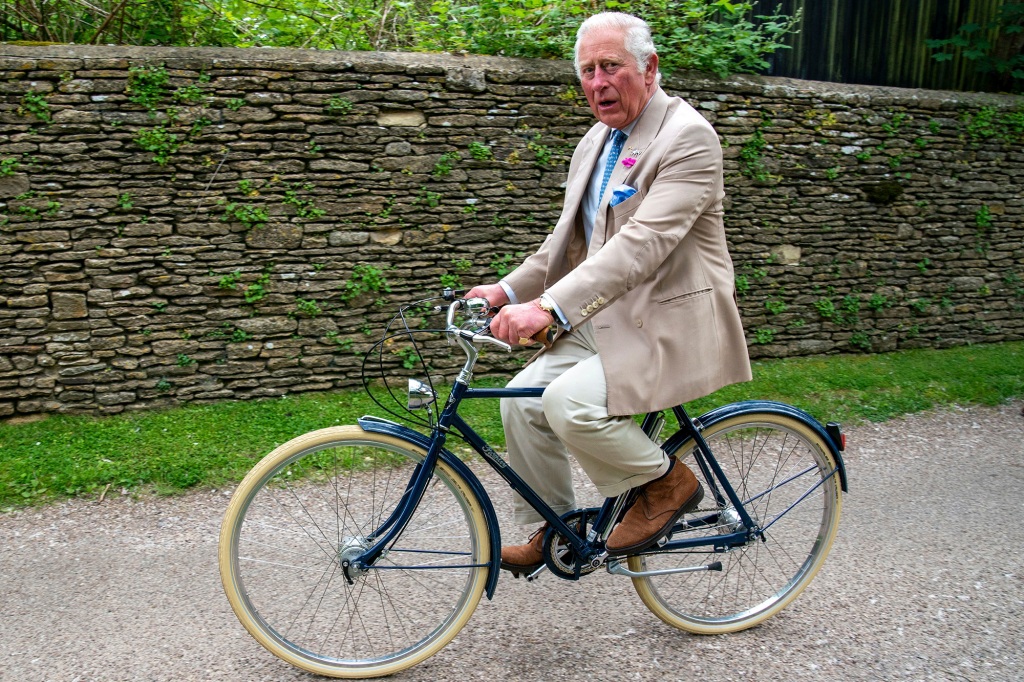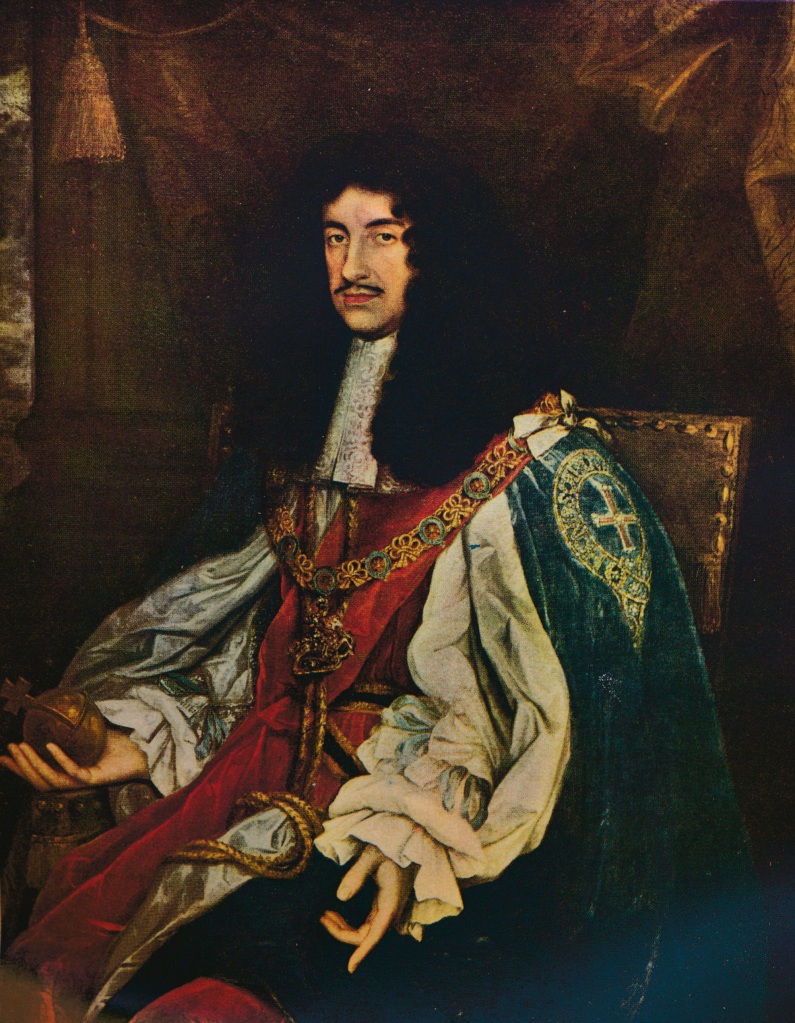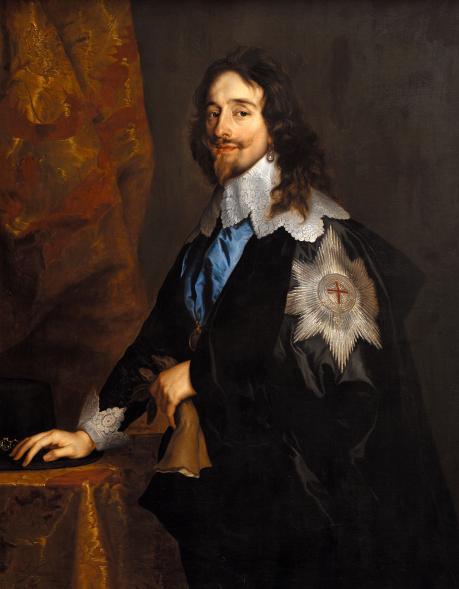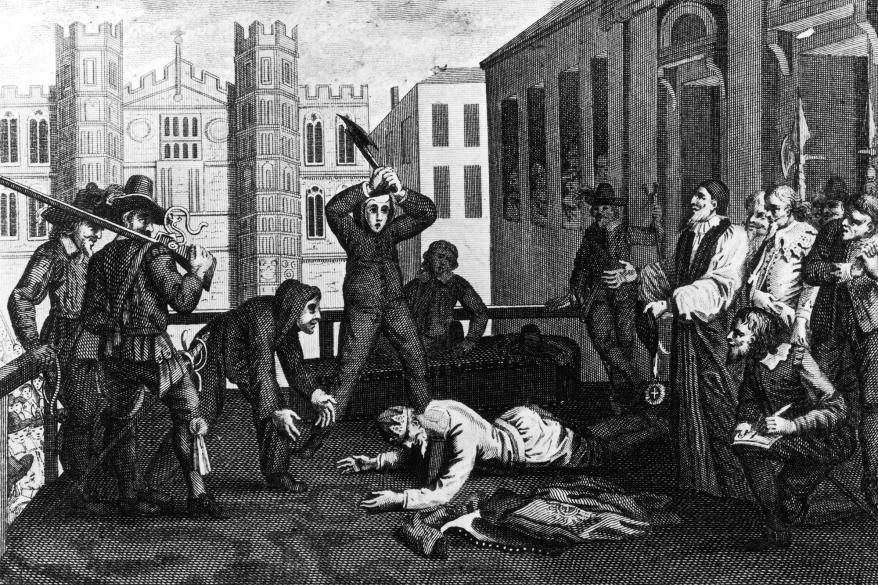Life and death of King Charles I & II as Charles III becomes king
The new king of England will reign as King Charles III – a moniker he once reportedly considered rejecting to avoid links to the bloody and turbulent history of his two royal namesakes.
His majesty considered being called George VII to honor his grandfather — a beloved royal figure — and to avoid Charles, a name considered “jinxed” in some royal circles, The London Times reported in 2005.
His “Charles” predecessors ruled over some of the bloodiest periods in UK history.
King Charles I led the country into a civil war — and remains the only English monarch to be executed.
His son, King Charles II, spent years in exile after his father’s beheading, then fanned sectarian flames in Britain while fathering numerous children with a number of mistresses.
“The name Charles is tinged with so much sadness,” one “trusted friend” of the then-prince told the London Times at the time.

“They (the Royal Family) will decide at the time, but he has talked about George,” another anonymous friend told the Times.
Days after the Times report in 2005, the Guardian refuted the story, citing another anonymous friend of the then-prince, who predicted correctly he would choose Charles.
Get the latest on Queen Elizabeth II’s passing with The Post’s live coverage
“Anyone who knows the Prince of Wales knows he does not sit around talking to his chums, discussing what he wants to be called. Inasmuch as officials have discussed it with him at accession planning meetings the thinking was that he would remain, Charles,” the source told The Guardian.
The first King Charles is the only English monarch to be executed – and was beheaded in 1649 after plunging the nation into a Civil War.
Charles I was tried for treason after his Royalist Army was defeated by Scots who had joined with Parliamentarian forces led by Oliver Cromwell, according to the BBC.
His son, Charles II, spent nearly two decades in exile – and ascended to the throne only after Cromwell’s rule ended with his death.
Charles II was mocked as the “merry monarch” because of the many affairs he had during his tenure on the throne, including with an “orange seller,” the Times reported.

He sired a number of children with his mistresses, but none with his wife, Catherine of Braganza.
His reign was also rife with sectarianism among the British population, including protestants who viewed Charles II as sympathetic to Catholics.
When he died, Charles II passed the throne on to his Catholic brother, James II of England.
Read the full article Here




